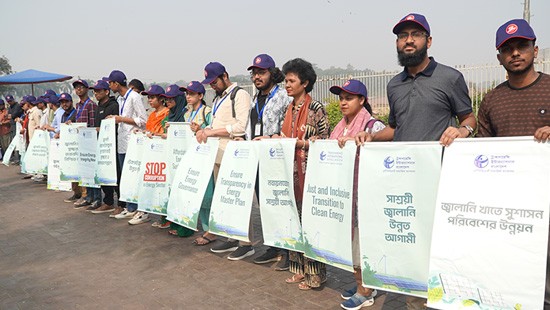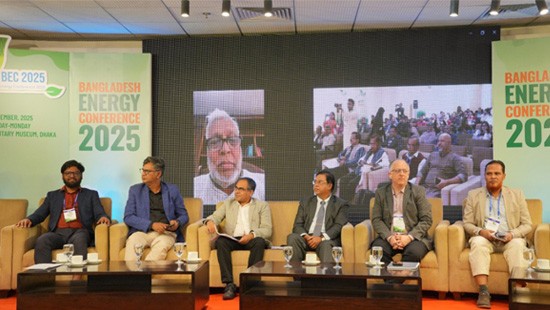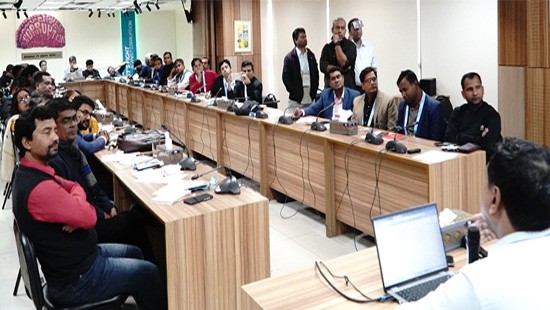Published: 15 September 2024
What direction will the youth of ‘New Bangladesh’ take? In order to guarantee democracy and effective governance, what should be the subsequent course of action following the "second wave of independence"? The questions and their thought-provoking responses were inextricably linked on the occasion of International Democracy Day 2024.
Transparency International Bangladesh (TIB) organized a lively discussion on 15 September 2024 and convened an engaging discussion to learn what the youth of Bangladesh think about the post-autocracy country. There is limitless promise for this country's future, according to youths and youth leaders. The distinguished guests, who ranged from anti-discrimination movement organizers to famous writers and journalists, were all in agreement that future government must be held accountable and transparent by calling into question current practices in governance and corruption.
Additionally, they voiced for large-scale reformation of administrative, judicial and educational structures so that the public remains as the true power holder. All things considered, those who were present at the event reached a consensus on the idea of changing the ‘New Bangladesh’ into a secure environment in which the fundamental rights of all individuals will be safeguarded.
Hasnat Abdullah, coordinator of the Anti-Discrimination Student Movement, highlighted the culture of distrust between the government and the public that existed in the past. He said, ‘Question us because through this reformation will be accelerated. It is twice as important to ensure the safety of those who disagree with us than those who express their views on our side.’
Arif Sohel, another coordinator stated that, ‘We were able to remove tyranny because we were able to speak the language of the people, and the movement took place to ensure equality, dignity and social justice for all’.
Samanta Sharmin, spokesperson for the National Citizens' Committee, commented that the New Bangladesh has birthed new hopes and aspirations among the youth of the country. Furthermore, she emphasized the need of organizing public conversations at the grassroots level in order to mobilize the masses and restructure the state system.
Resonating her words, Ariful Islam Adeeb, member of the National Citizens’ Committee, added that one of the key responsibilities of the stakeholders of New Bangladesh is to uphold the social dignity of every citizen.
Known author Sadat Hossain emphasized that merely organizing timely elections does not guarantee the existence of democracy. “The effective incorporation of democracy within our state framework cannot be achieved without the engagement of intellectual discourse among the populace,” he stated. Simu Naser, a journalist and satirist, expressed a desire for a future in which individuals can voice their criticisms of authority without the apprehension of persecution by government forces in what he envisions as ‘New Bangladesh’. He also acknowledged the valuable input of individuals from diverse backgrounds in the struggle against autocracy. In a thoughtful critique of isolated instances of mob justice, media professional Farabi Hafiz articulated that the 'New Bangladesh' must not entertain revenge and violence.
Journalists, young professionals, and members of the Youth Engagement and Support (YES) group from several Dhaka-based educational institutions took part in the open discussion with great enthusiasm.
Dr. Iftekharuzzaman, Executive Director of TIB, commended the youth for their courageous win over oppression while conducting the event. He emphasized that establishing a new political force embodying the ethos of the anti-discrimination movement is crucial for constructing the 'New Bangladesh' in accordance with public aspirations.














